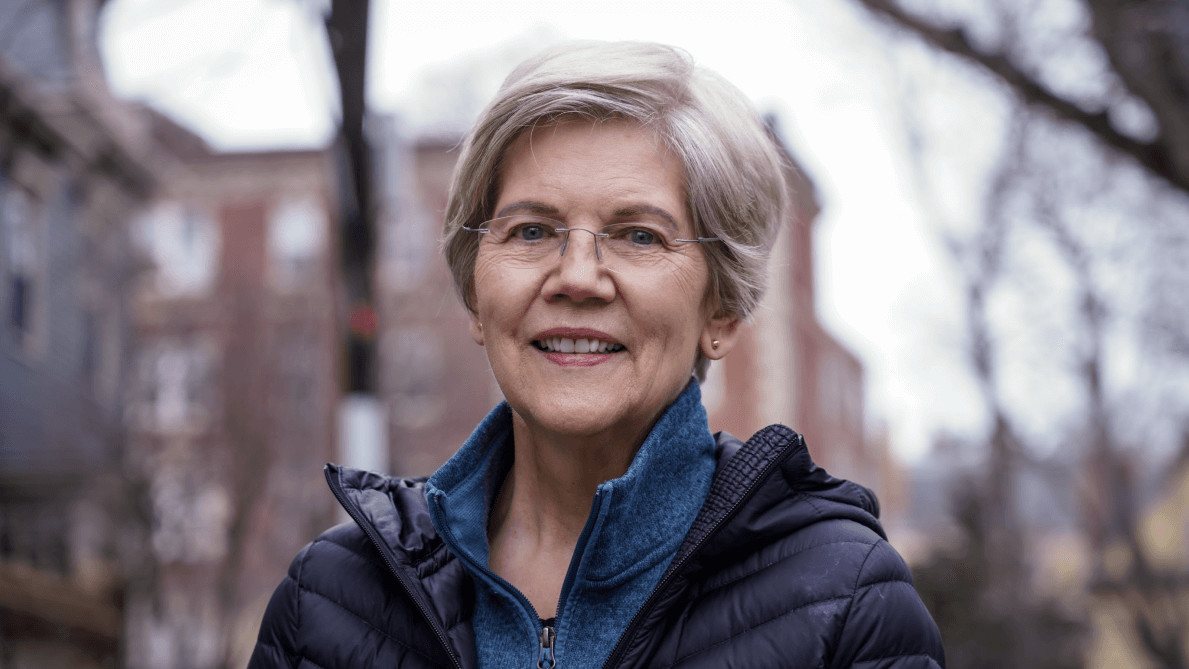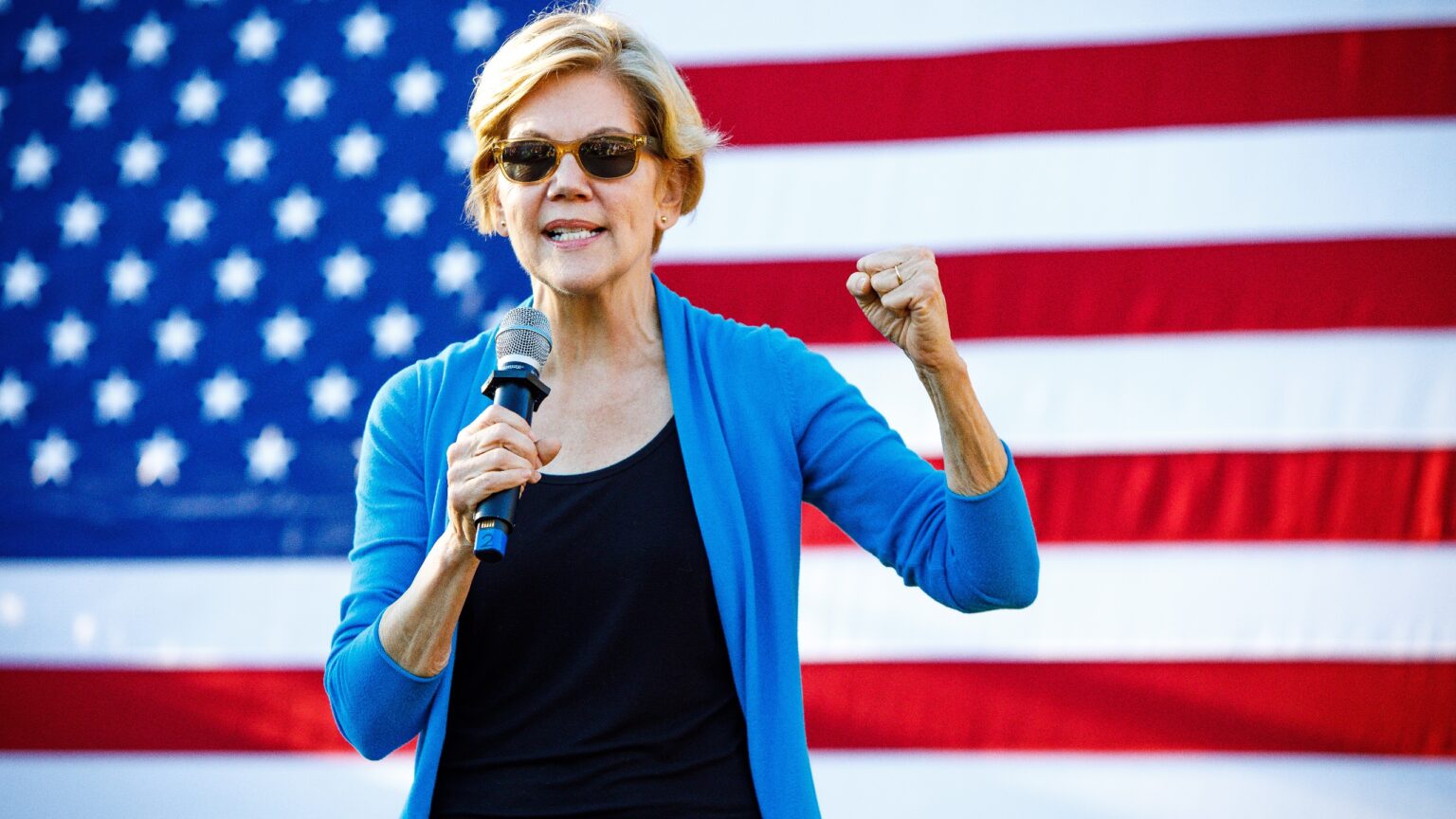Senator Elizabeth Warren urges collaboration in regulating crypto and AI, calling for a level playing field.
US Senator Elizabeth Warren has expressed concerns about the need for similar regulations in artificial intelligence (AI), dominated by large technology companies, and the cryptocurrency sector.
Also read: OpenAI Claims The New York Times “Hacked” ChatGPT To Develop A Copyright Case
Her position highlights how crucial it is to govern established financial systems and emerging technologies with a balanced approach. In an interview with Bloomberg Television on Feb. 27, Senator Warren expressed her desire to collaborate with the cryptocurrency sector to guarantee that all participants follow a uniform set of regulations.
#catnews #cryptonews Senator Warren asserts desire for crypto collaboration while claiming industry accepts criminals https://t.co/V9KPXEoC6A pic.twitter.com/MKkLyGrqcY
— DTM (@DerekTMcKinney) February 28, 2024
Warren’s “level playing field”
According to Warren, everybody follows the same rules in their financial system. She added that her view is that it’s the same kind of activity and risk and should have the same type of regulations. She stated that she’s not looking for fancier regulations or tougher; she just wants a level playing field.”
I’m talking banks, credit unions, credit card companies, gold traders, and stockbrokers. Private equity now has to follow the rules. Precious metal dealers, Venmo, Western Union, but not crypto,” she explained.
Warren emphasized the similarities in operations and related risks between traditional and cryptocurrency finance when she argued for regulatory parity. She stressed that enforcing the existing laws is crucial rather than making new regulations.
“I just want a level playing field here if you’re part of the financial system moving around billions of dollars. Remember, my bill is not regulatory. It’s a bill about law enforcement.” she added
However, she noted that efforts at collaboration have been hindered and claimed the industry says the only way “they can survive” is if there’s “plenty of space” for crime. The industry has been known to demand concessions from terrorists, drug and human traffickers, and listed ransomware scammers.
They don't work for you:
“When Senator Warren presented that legislation to us, the first thing we did is we went to the American Bank Association"
American Bankers Association influenced Warren’s contentious crypto billhttps://t.co/ksXlgO55sK
— TechLibre (@NTechlibre) December 20, 2023
Senator Elizabeth Warren proposed the Digital Asset Anti-Money Laundering Act to regulate the cryptocurrency industry. The proposed legislation addresses decentralized technologies, such as blockchain nodes and noncustodial wallets, as financial institutions to combat money laundering and illicit activities in the crypto space.

The proposed law faces criticism
Warren’s proposed legislation has faced criticism from industry executives, organizations, and associations. Critics argue that the bill could stifle innovation and investment in the crypto industry and is inappropriate for the unique characteristics of decentralized technologies.
Additionally, the U.S. Treasury Department has admitted that claims over crypto usage for terrorism purposes were exaggerated.
#Crypto played little part in Hamas terror financing — US Treasury#Cryptocurrencies accounted for only a small part of the funding of militant groups Hamas and Palestinian Islamic Jihad, and an earlier report claiming the group received tens of millions of dollars in crypto was… pic.twitter.com/f7E0AnmWSX
— TOBTC (@_TOBTC) February 15, 2024
In a Washington, D.C., conference, Warren said she wanted to prevent major tech companies like Microsoft, Google, and Amazon from developing large AI language models.
“Each of the major cloud services—Google, Microsoft, and Amazon—should not be allowed to use their enormous size to dominate a whole new field, and that means blocking them from operating large language models,” she said.
Warren maintained that larger tech firms could push out smaller rivals because they have the resources and infrastructure to control cutting-edge AI fields like chatbots.
She saw it as a fresh front in her fight against the industry concentration and market dominance of Big Tech.









 and then
and then